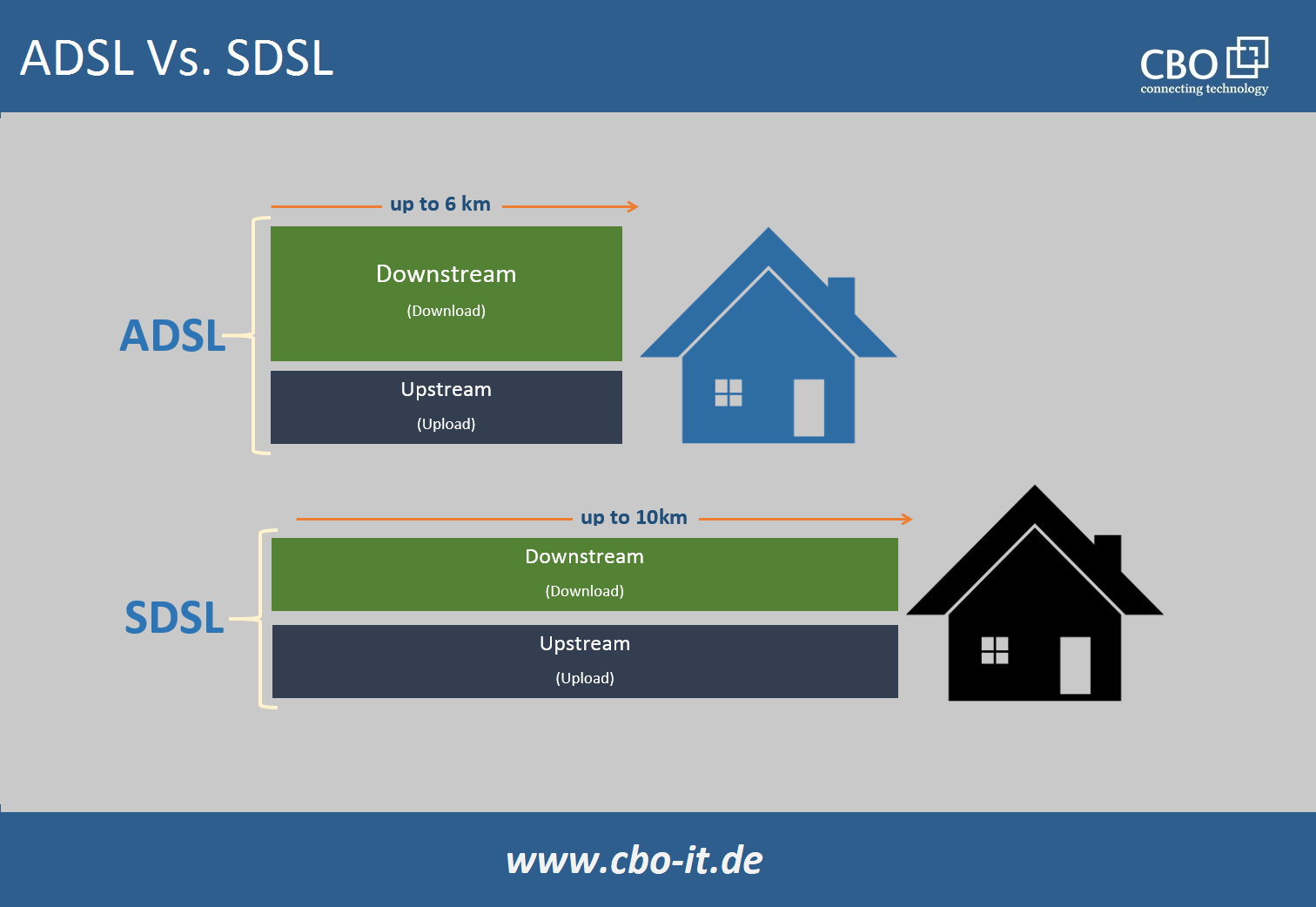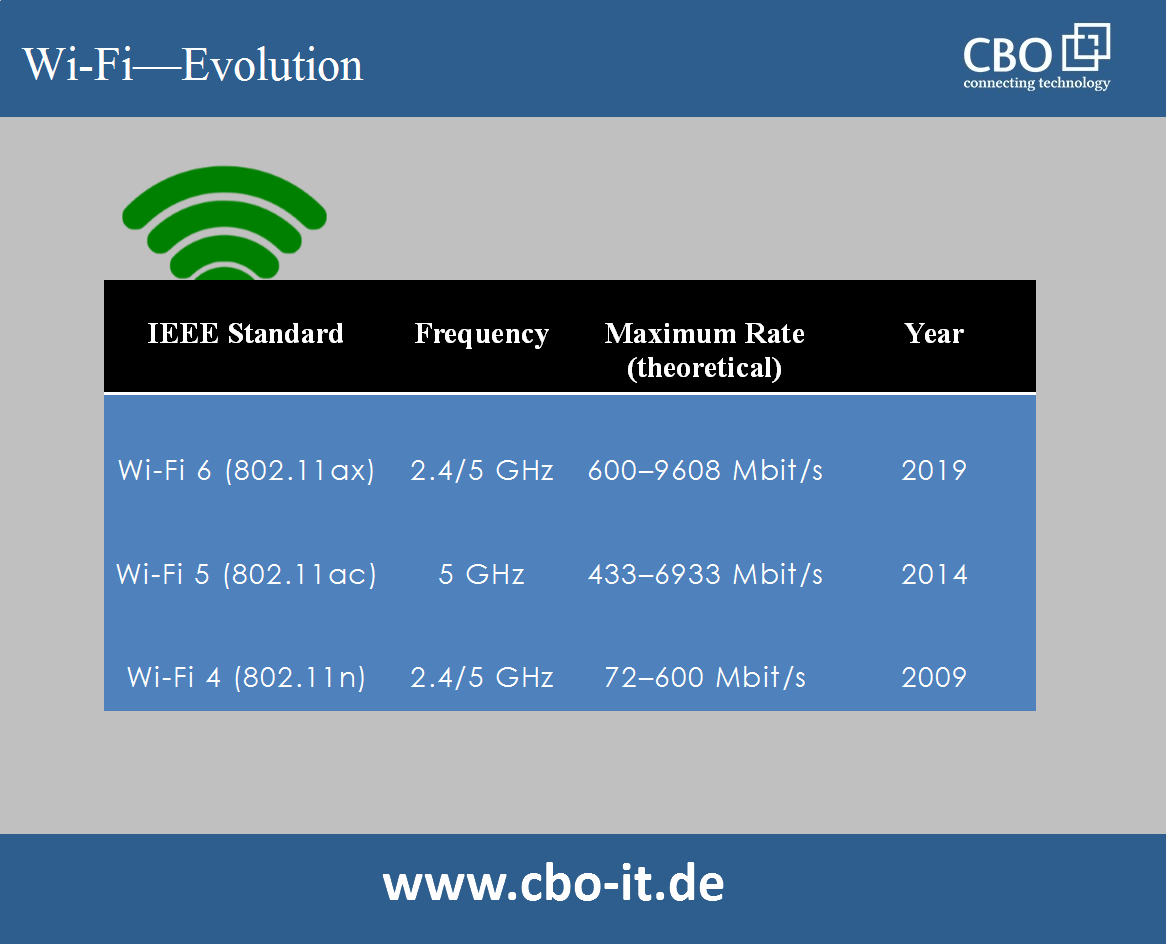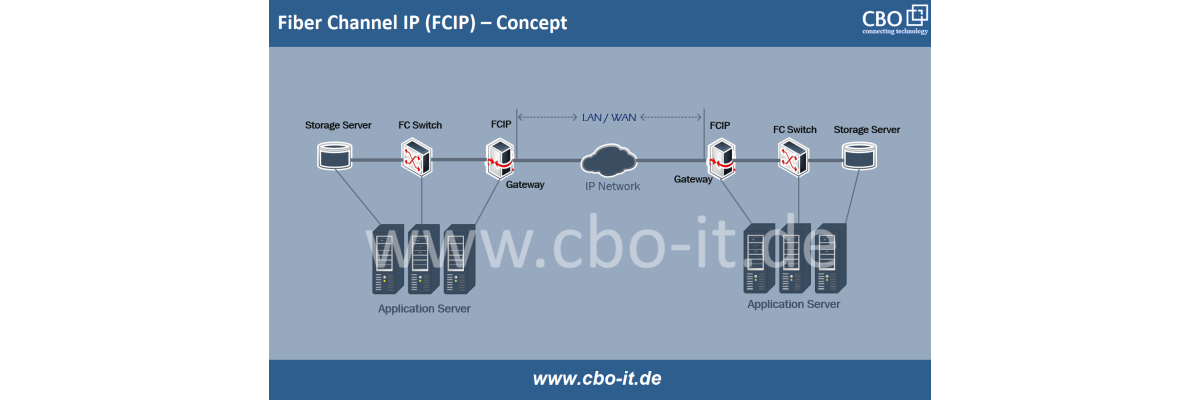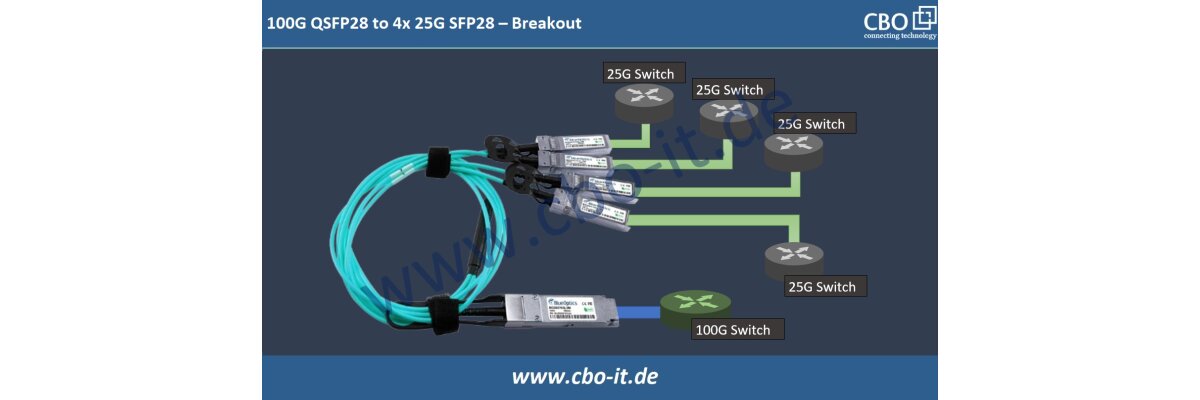What is an Internet Connection?
An internet connection refers to how devices and networks are linked to the internet, allowing them to access online resources and exchange data. Internet connectivity lets users send and receive emails, browse websites, download files, stream media, call, chat, play, and more.
What are the most common types of internet connections?
Following are some of the most common types of internet connections available today, commercially;
- DSL (Digital Subscriber Line)
- Fiber Internet
- Cellular (3G, 4G, and 5G)
- Satellite
- Wi-Fi (or Wireless)
What are ADSL and SDSL?
ADSL, short for Asymmetric Digital Subscriber Line, and SDSL, or Symmetric Digital Subscriber Line, are two types of DSL (Digital Subscriber Line) transmission technologies. DSL enables high-speed internet access over traditional copper telephone lines.

ADSL connections are designed for users who download or receive more data than they transmit or send. In an ADSL connection, the download speed is faster than the upload speed. On the other hand, SDSL provides symmetrical speeds for both uploads and downloads. This makes it well-suited for scenarios where users require comparable rates for sending and receiving data.
Provide me some examples of ADSL and SDSL applications
In an ADSL connection, the download speed is faster than the upload speed. This asymmetrical configuration is suitable for web browsing, streaming media, and downloading files, where users primarily consume content from the internet. Whereas; SDSL connections are commonly used in applications like video conferencing, online gaming, and hosting websites or servers, where maintaining consistent and balanced contact is crucial.
What is Wi-Fi?
It is a wireless networking technology that allows the transmission and reception of information from a wireless device to other wired or wireless devices. In most cases, your Wi-Fi network acts as a bridge between your devices and your internet-enabled hardware.
What is the difference between the Internet and Wi-Fi?
The internet is a widespread, global web of networks. At the same time, Wi-Fi is only a means through which your wireless devices can send and receive information over the internet. Wi-Fi networks are local networks that can be deployed at the home or office level.
Ethernet or Wi-Fi? Which one is faster?
Currently, Wi-Fi 4 technology is the most popular and widespread. The Wi-Fi 4 can operate at a maximum theoretical speed of 600 Mbps. On the other hand, a standard Ethernet connection can work at a maximum transmission rate of 10Gbps. So, the Ethernet is a clear winner in this regard. However, the lates Wi-Fi 6 technology will revolutionize Wi-Fi connectivity in terms of speed, offering a maximum theoretical transmission rate of 9.6 Gbps. In the following exhibit, we have tried to show how Wi-Fi evolved!

Ethernet or Wi-Fi? Which one is better for gaming?
Well, in the context of the previous question, we can safely say that the Ethernet is your way to go when it comes to online streaming or gaming. In this regard, you must also understand the concept of latency. Since gaming and steaming are sensitive to network latency, a wired Ethernet connection can perform much better for the reduction of eliminating latency.
Is it acceptable to use my internet connection for online banking?
Yes! If you stay aligned with the instructions provided by your bank or financial institution, you will not face any issues. However, it's better not to access your online financial accounts using public Wi-Fi or a shared computer. Today, banks have robust security protocols to keep their users safe and secure from hackers and cyber-attacks.
What is the difference between upload and download speed?
Download speed denotes the rate at which you receive data from the internet on your device. Upload speed represents the transmission rate of sending data to a far-located server over the internet. Typically, ISPs market their network speeds in terms of maximum achievable download speed as it is considered more important for most users.
What are some factors that affect the speed of my internet connection?
There can be many factors, such as; the type of your connection, congestion on your network, the distance between your device and the access point (in case of Wireless), the quality of your networking hardware, the performance of your ISP, and the performance of the online services or websites that you are trying to access.
What is latency, and why is it essential for online activities?
Latency refers to the lag or delays experienced when transmitting data from your device to a server and receiving a response. Latency is measured in milliseconds. Stable and fast network connections operate with minimum latency. Higher latency is undesirable in online activities such as video calling or streaming as it ruins the user experience.
What is a data cap or bandwidth cap?
Some internet providers limit how much data their subscribers can receive from the internet. Some ISPs offer different data plans with different bandwidth caps – ones with the highest cap or unlimited bandwidth are offered at higher prices. In contrast, limited internet connections are sold at lower prices. Users exceeding their allowable data allowance are subsequently charged additionally for surplus data they consume.
Can I have many devices connected to one internet connection simultaneously?
Yes! Most internet service providers don't mind if you share your internet connection with your neighbors by giving them access to your Wi-Fi network. Sometimes, people use additional Ethernet cables to extend their network so more people can utilize it. However, you must be aware that you, the sole subscriber of your Internet connection, will be held responsible for whatever activity occurs through your Internet connection. So, it isn't a very safe choice. But yes! Within your home's premises, you can connect multiple devices to the internet using one connection.
What is a VPN, and how does it affect my internet connection?
A Virtual Private Network (VPN) is a service that encrypts your internet traffic and routes it through a remote server before accessing the internet. While a VPN can provide additional security and privacy, it may slightly reduce your internet connection speed due to the extra encryption and routing processes involved.
What is a VPN, and how can it impact my internet connection?
VPN stands for Virtual Private Network. It is a service that encrypts the data you send and receives over the public internet. VPN is mainly used by users when they try to access information exclusively available to users from a specific region or country. You can configure your VPN service to make you appear to be operating from a desired destination. VPNs are great for people who live in societies where online activities are highly sanctioned or regulated. However, it could slow down your internet speed.
How can I improve my internet speed?
To potentially speed up your internet connection:
- Considering upgrading your internet plan if you have multiple devices sharing a connection simultaneously
- Restart your router, modem and access points
- Optimize Wi-Fi signal by installing your router or access point at an appropriate location
- Use a wired connection for faster speeds.
 English
English
 Deutsch
Deutsch
 Espaniol
Espaniol










